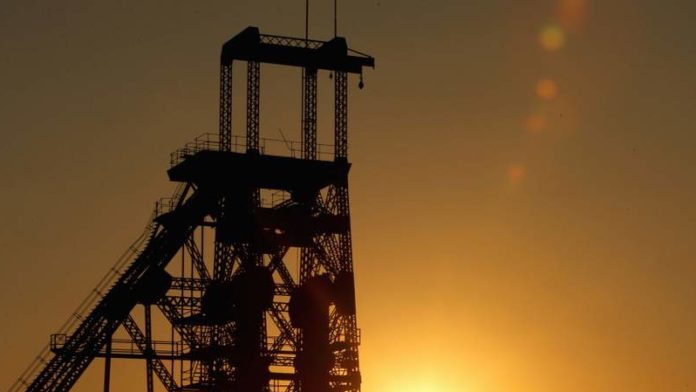
SIBANYE-Stillwater said it wouldn’t “accede to threats” following a joint statement today by South Africa’s largest mining unions including the National Union of Mineworkers (NUM) and the Association of Mineworkers & Construction Union (AMCU).
The unions, which also included Solidarity and UASA, declared a dispute with the gold and platinum group metal miner following several months of gold sector wage negotiations. The unions argued Sibanye-Stillwater’s offer for entry-level miners failed to match wage agreements settled with Harmony Gold and Gold Fields.
“We are extremely disappointed that Sibanye-Stillwater is pleading poverty during the current wage negotiations against the backdrop of its performance on the market, which is clear from the quarterly financial results and declared dividends,” the unions said.
Sibanye-Stillwater reported R24.8bn in headline earnings for the six months ended June, dwarfing the R9.4bn earned in the six months ended June in 2020. Earnings before interest, tax, depreciation and amortisation (EBITDA).
The unions demanded a wage increase of R1,500 for the lowest categories of employees to which Sibanye-Stillwater has countered with a R450 to R500 a year offer of increase over a three year period starting this year.
James Wellsted said Sibanye-Stillwater was prepared to accept a strike if a dispute, now with the Commission for Conciliation, Mediation and Arbitration, was not resolved. “We are in discussions with the unions,” he said when asked if Sibanye-Stillwater would shift from its latest wage offer.
“The gold assets only comprised 6% of EBITDA (in the six months ended August) and we will not cross-subsidise (with income earned from mining PGMs),” he said. “If we were to accept the union demands as well as the increase in the wage tariff from Eskom of about 15%, the gold mines would be loss-making and that would result in job losses,” he added.
“If it goes to a strike, we have to do what’s right. We will take a strike.”
It took Sibanye-Stillwater’s Kloof and Driefontein mines the best part of six months to recover from the last major strike, then started by AMCU in late 2018 that lasted about five months.
A third mine, Beatrix in the Free State, only has five years of life left with the consequence of job losses. However, Sibanye-Stillwater was investigating mining uranium from Beatrix which would long extend the mine’s life, said Wellsted.
In September, Harmony Gold agreed agreed a total average wage increase of 7.8% falling to seven per cent in the final year of a new three-year wage agreement with unions. Two months before Gold Fields agreed to pay an average 6.5% increase in wages over its three year agreement period for its South Deep mine. This included an 8% lift in the first year for its category 4 to 8 employees.











